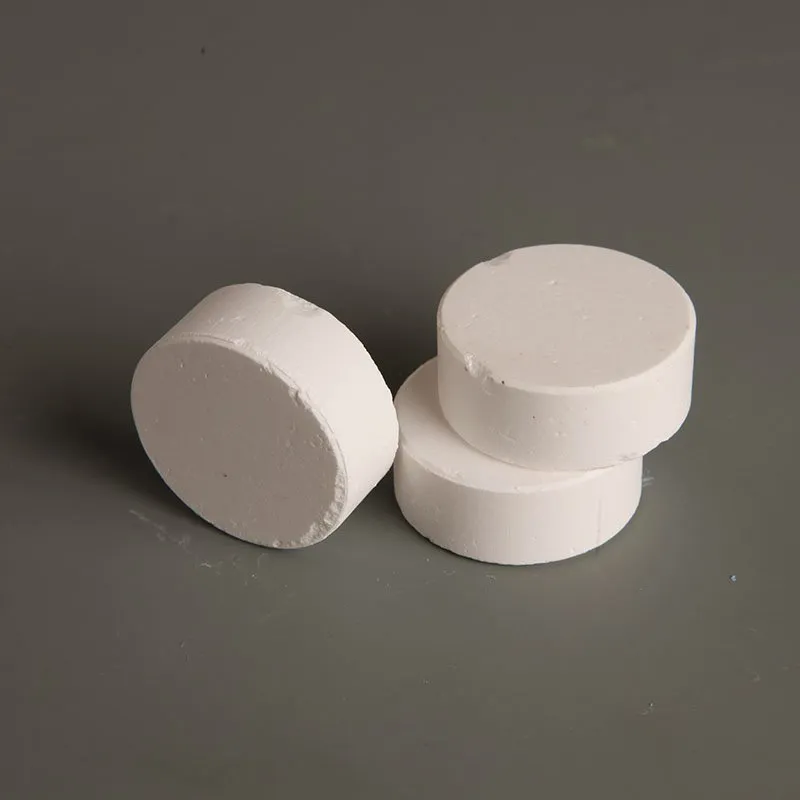



above ground swimming pool water treatment chemicals
Above Ground Swimming Pool Water Treatment Chemicals
Maintaining a clean and safe swimming pool is essential for both enjoyment and health. Above ground swimming pools, while often regarded as easier to maintain than in-ground pools, still require regular water treatment to ensure the water remains clear, balanced, and free of harmful pathogens. The use of specialized chemicals is crucial in achieving this goal. In this article, we will explore the various types of chemicals used for above ground swimming pool water treatment, their functions, and safety measures to consider.
Types of Pool Water Treatment Chemicals
1. Sanitizers The primary function of sanitizers is to kill bacteria and other pathogens that can thrive in pool water. Chlorine is the most common sanitizer used, available in several forms such as tablets, granules, and liquid. Chlorine works by releasing hypochlorous acid when dissolved in water, which effectively disinfects the pool. An alternative to chlorine is bromine, which is particularly effective in warmer water and is less irritating to the skin and eyes. However, it is typically more expensive and slower to act than chlorine.
2. pH Balancers The pH level of pool water is crucial for both comfort and the effectiveness of sanitizers. Ideally, pool water should maintain a pH of between 7.2 and 7.8. If the pH is too low, water can become corrosive, damaging pool equipment and surfaces. Conversely, high pH levels can reduce the efficacy of chlorine. To raise pH, sodium carbonate (soda ash) is commonly used, while sodium bisulfate (dry acid) can be applied to lower it. Regular testing with pH strips or a testing kit is essential for maintaining balance.
3. Algaecides Algae can quickly turn a sparkling pool into a green mess. Algaecides are chemicals specifically designed to prevent and eliminate algae growth. They work by disrupting the metabolic process of algae, thereby preventing its reproduction. There are many types of algaecides available, but recommending a non-copper based product reduces the risk of staining pool surfaces. Regular application during the swimming season can help keep your water crystal clear.
4. Clarifiers Clarifiers help to clear cloudy water by coagulating tiny particles, making them large enough to be caught and filtered out by the pool’s filtration system. A clarifier is particularly useful following a party or after heavy rain when debris can cause cloudiness. Most clarifiers are easy to use simply add the appropriate dose to the pool, and the filtration system will do the rest.
5. Stabilizers Chlorine can degrade quickly when exposed to sunlight. To protect your sanitizer, pool stabilizers (cyanuric acid) can be added to the water. Cyanuric acid acts as a sunscreen for chlorine, helping to prolong its effectiveness. Maintaining a stabilizer level of between 30 to 50 parts per million (ppm) is generally recommended.
above ground swimming pool water treatment chemicals

Safety Measures
While swimming pool chemicals are vital for maintaining water quality, safety must always come first
. Here are some essential tips for handling pool chemicals safely- Read Labels Always read the manufacturer's instructions and safety warnings on the chemical containers. Follow the recommended dosages for your specific pool size and type.
- Store Safely Keep chemicals in a cool, dry place away from direct sunlight and out of reach of children and pets.
- Personal Protection When handling chemicals, it’s advisable to wear gloves and goggles to protect your skin and eyes from potential irritation or chemical burns.
- Proper Mixing Never mix different types of chemicals together in their containers, as this can lead to dangerous reactions. Always add chemicals to water, not the other way around, to prevent splashes or reactions.
Conclusion
Proper water treatment is crucial for the enjoyment of an above ground swimming pool. The right balance of sanitizers, pH balancers, algaecides, clarifiers, and stabilizers will ensure that your pool remains clean, clear, and safe for swimming. By implementing safety measures for handling chemicals, you can enjoy your pool without concern for hygiene and health risks. Regular maintenance and prudent chemical use will allow you to make the most of your swimming pool season. Happy swimming!
-
Why Sodium Persulfate Is Everywhere NowNewsJul.07,2025
-
Why Polyacrylamide Is in High DemandNewsJul.07,2025
-
Understanding Paint Chemicals and Their ApplicationsNewsJul.07,2025
-
Smart Use Of Mining ChemicalsNewsJul.07,2025
-
Practical Uses of Potassium MonopersulfateNewsJul.07,2025
-
Agrochemicals In Real FarmingNewsJul.07,2025
-
Sodium Chlorite Hot UsesNewsJul.01,2025










